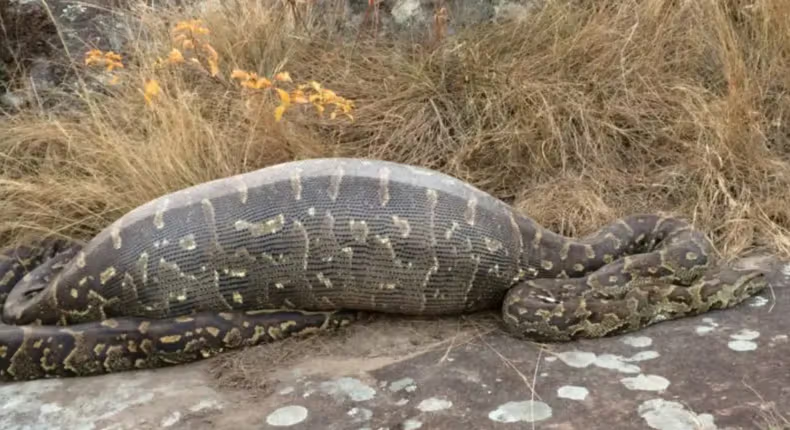In the natural world, many animals have adapted to thrive in tough environments where food is scarce. Their ability to survive for long periods without eating is both impressive and crucial for their survival. In some cases, animals enter a state of dormancy or drastically slow down their metabolism to conserve energy. This adaptation allows them to endure extreme conditions during hibernation, migration, or in harsh habitats like deserts and deep oceans. Here are some remarkable animals that can last months without food and how they achieve this:
1. Crocodiles
Crocodiles are known for their fierce hunting skills, but they can also go months without eating. As cold-blooded animals, they have slow metabolisms, which means they don’t need to consume food frequently. After a large meal, crocodiles can survive for several months by conserving energy. During challenging times, they may remain motionless to save energy, allowing them to endure periods of food scarcity, particularly during dry seasons when prey is harder to catch.
2. Snakes
Many species of snakes can survive without food for extended periods. They possess a unique digestive system that allows them to go weeks or even months between meals. After consuming a large prey item, snakes can spend months digesting and absorbing nutrients, especially if they remain relatively inactive during this time. In colder climates or harsher environments, snakes can further slow down their metabolism, enabling them to survive long stretches without food.
3. Penguins
Male emperor penguins exhibit an incredible ability to survive without food, particularly during the incubation of their eggs. They can fast for about two months in freezing Antarctic conditions, relying entirely on their body fat reserves to stay alive. Despite the harsh weather and limited access to food, these penguins display remarkable endurance and dedication to keeping their eggs warm, showcasing their resilience in extreme environments.
4. Bears
Bears are well-known for hibernating during the winter months, but what’s truly impressive is their ability to survive without food during this period. During hibernation, a bear’s metabolism slows dramatically, allowing it to live off stored fat for months. They enter a deep sleep, and their heart rate drops, minimizing energy needs. This adaptation enables them to survive through winter when food is scarce, demonstrating their remarkable survival strategies.
5. Camels
Camels are perfectly adapted to desert life, where food and water can be hard to find. While they are famously known for surviving long periods without water, they can also go without food for extended durations. Camels store fat in their humps, which serves as an energy source when food is unavailable. Their bodies are incredibly efficient at conserving energy, making them one of the most resilient animals in arid regions.

